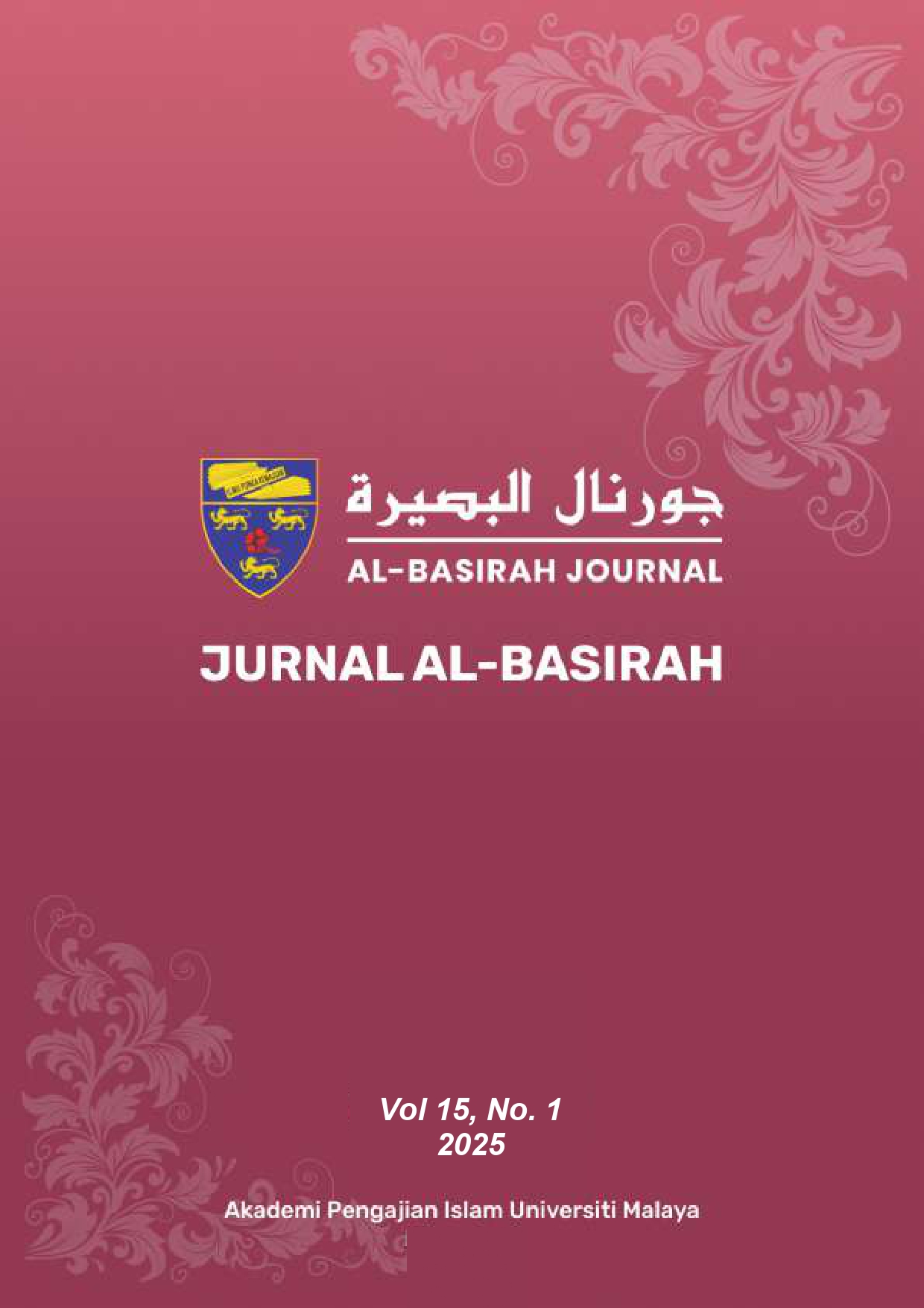Kaedah Fiqhiyyah dan Implikasinya dalam Penentuan Hukum Hotel Halal
Fiqhiyyah Principles and their Implications in Determining the Legal Status of Halal Hotels
DOI:
https://doi.org/10.22452/basirah.vol15no1.3Keywords:
Fiqhiyyah principles, halal hotels, Shariah rulings, Islamic hospitality industry, Maqasid ShariahAbstract
The halal hotel industry is rapidly growing as a vital sector within Islamic tourism. The determination of rulings for halal hotel operations requires an approach grounded in Shariah principles, including the application of fiqhiyyah (Islamic legal maxims). This study aims to analyse the application of fiqhiyyah principles in determining the rulings for halal hotels and their implications on the industry. Four primary fiqhiyyah maxims are examined: al-umūr bi maqāsidihā (matters are judged by their objectives), al-mashaqqah tajlibu al-taysīr (hardship begets ease), ad-darar yuzāl (harm must be eliminated), and al-‘ādah muhakkamah (custom is authoritative). This study employs a qualitative methodology through document analysis involving classical fiqh texts, fatwas, and relevant halal hotel guidelines in Malaysia. The findings reveal that fiqhiyyah principles play a significant role in ensuring flexibility and justice in deriving rulings aligned with industry needs. The implications of this study are expected to assist authorities, hotel operators, and the public in understanding and implementing Shariah principles more systematically within halal hotel operations.

















